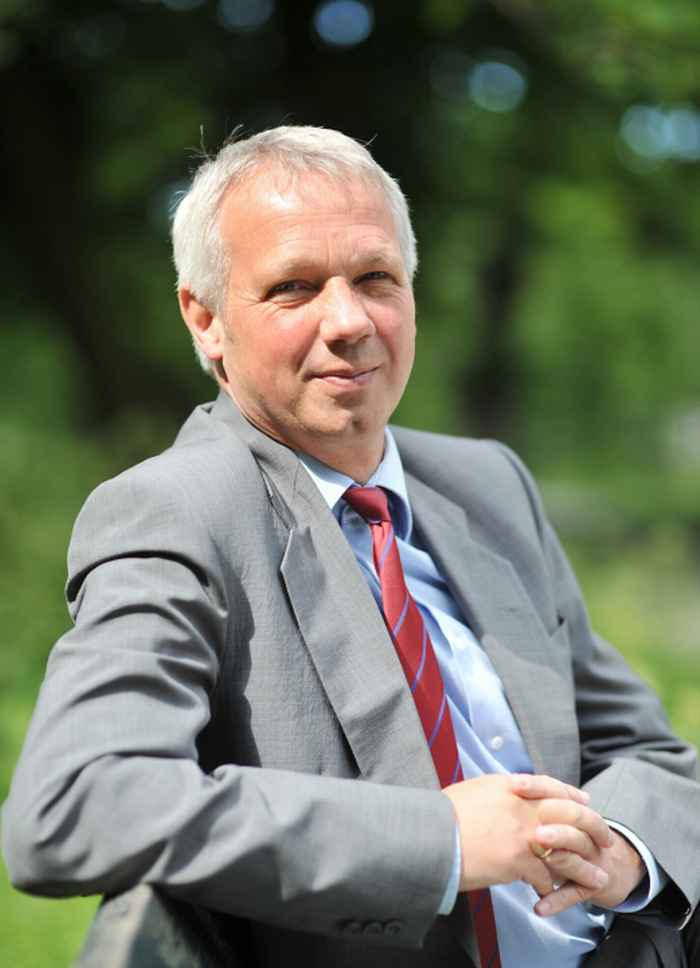Mr R. J. van der Veen
25 September 2009

Mr R. J. van der Veen (1957) was appointed professor by special appointment of History and the Theory of International Relations at the University of Amsterdam's Faculty of Humanities. The chair has been designated on behalf of the Netherlands Association for International Affairs (NGIZ). Roel van der Veen will be succeeding the late Bart Tromp, who died in 2007.
Over the course of his career, Van der Veen has successfully combined his work for the Ministry of Foreign Affairs with scientific research. Most of his research projects were themed around his international activities: the development of and relations with Africa and Asia. Van der Veen's analyses centre on states and the elites that govern them. These states in Africa and Asia are a product of the relationship between domestic developments and the international environment, a relationship that constitutes the main link between these countries and the outside world and that plays a key role in determining political, economic, social and cultural developments. These developments, in turn, shape the states themselves. 2002 saw the publication of Van der Veen's book 'What Went Wrong With Africa: A Contemporary History', which attempts to explain why living conditions in the continent have not improved over the past decades. The book has been translated into English, French and Chinese. Van der Veel is currently writing a work set to become the antithesis to his book on Africa. This book contains a similar analysis of the issue of Asia's successful modernisation effort. The book is expected to be published in late 2009.
Van der Veen's lectures will focus on the interaction between the Western and non-Western world. What role did these interactions play in the development of Asian and African nations? What is the link between international relations and modernisation? Why can these contacts result in such different outcomes? To what extent do international contacts determine the lives of millions of people in Asia and Africa and how does this affect the international balance of power? How will the rise of Asia affect international structures and what role can Africa play in view of its failure to modernise?
As of 2007, Roel van der Veen has served as a scientific council advisor to the Ministry of Foreign Affairs, where he has occupied various positions at home and abroad for more than twenty years. Amongst other responsibilities, he has worked for the strategic policy staff, for the Africa department, the Asia department, and served as a political secretary at the Royal Netherlands Embassy in Jakarta, Indonesia. Van der Veen also served as secretary of the Advisory Council on International Affairs and researcher at the Netherlands Institute of International Relations ‘Clingendael'. He obtained a doctorate in history in 2004, following doctoral research on the history of African state disintegration between 1957 and 2003. Van der Veen studied history (cum laude), medicine and philosophy at the University of Groningen.